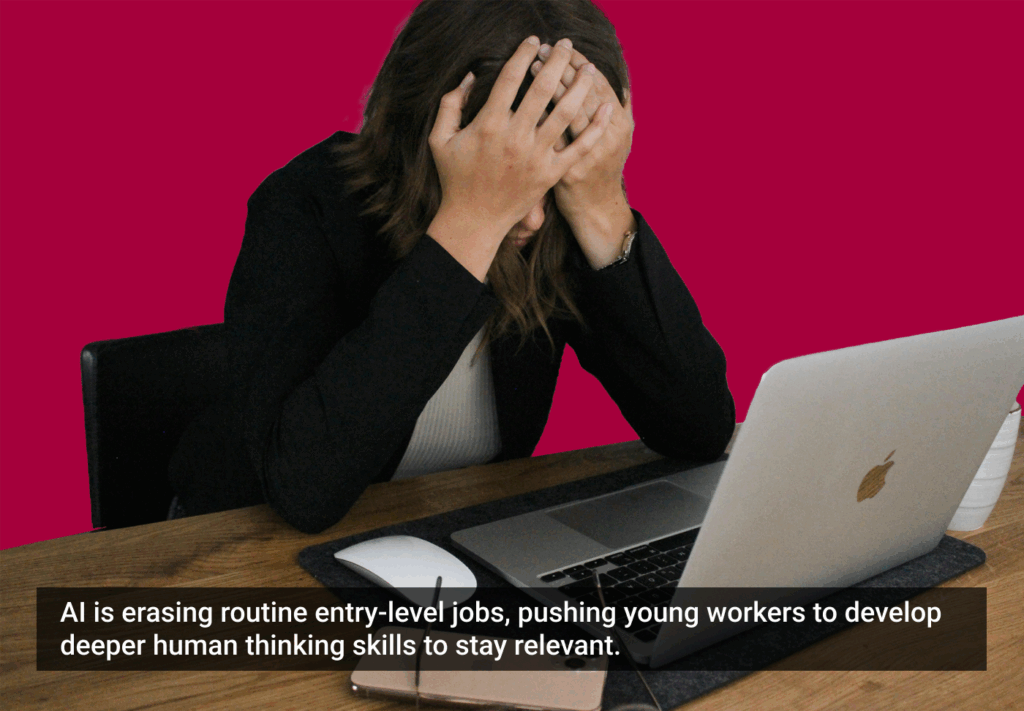Last month we announced a contest with Wiley to give away five copies of JavaScript & jQuery: Interactive Front-End Web Development, by Jon Duckett. To enter, we asked readers to give us their answer to the question: “What’s something every UX designer should try to understand about the work done by developers?”
Though the work designers and developers do in digital product design is directly related, there is often a disconnect between the two roles. While the occasional purple unicorn can bridge the divide and work effectively in both realms, there remains some shadowy confusion about what designers and developers are responsible for separately, and where their responsibilities overlap. We figured that folks interested in a book on JavaScript and jQuery might have some insight into this disconnect, and below you can see the responses from our winners (and also join us on a video flip-through of the book).
“UX designers need to understand that developers approach [projects] from a functionality standpoint; often concerned more about features and functionality than intuitive design. They may also be so wrapped up in debugging and creating clean code that they never take a step back to consider design and the user experience. Both are necessary for a good product and cooperation and an understanding of the challenges from each side can create harmony.”—Jennifer Midkiff-Mitchell of Cincinnati, Ohio
“Developers also know how to use a dry-erase marker.”—Russ Gossett of Boston
Developers also know how to use a dry-erase marker
“UX designers should keep in mind that (good) developers are also designers: They design code in a way that makes it easier to add new features and easier to fix bugs, and makes it less prone to performance issues. All with the same goal: to deliver an optimal user experience.”—Robin Zuiderwijk of Leiderdorp, The Netherlands
“UX designers should try to understand that the work done by developers is usually done by evaluating interfaces based on certain patterns they’d see every day, on a more technical basis, possibly causing certain design considerations to be left out.”—Lamar R. Glenn of Philadelphia
“UX designers should know at least the basics of coding so they understand what the product they’re creating is made of—like an architect, who knows exactly which materials to use for each part of the building.”—Matej Latin of Trier, Germany
Excerpted with permission from the publisher, Wiley, from JavaScript & JQuery: Interactive Front-End Web Development by Jon Duckett. Copyright © 2014.
Image of origami unicorn courtesy Shutterstock.







